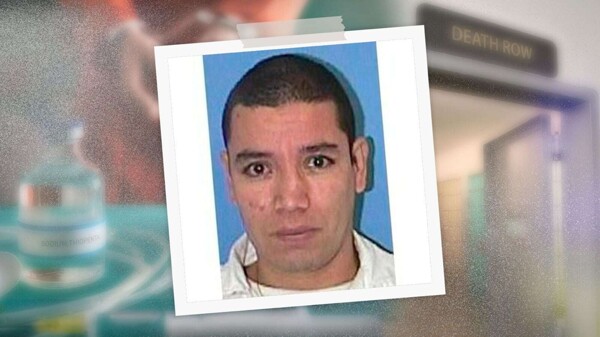The doctrine "America Safe Again" has changed the perception of migration, turning it into a matter of security rather than social issues. During his tenure, Trump has maintained that migrants represent a threat, using fear as a political tool. As a result, many migrants find themselves stranded in border cities without protection, exposed to human trafficking and organized crime.
The policies implemented under "America Safe Again" have been condemned internationally for their approach of turning migrants into internal enemies. Under this administration, borders were closed and a framework was established that views migrants as threats to be neutralized, rather than individuals with rights. This narrative has transcended to the current government, which has deployed the National Guard to stop and deport migrants, and even moved some of them to Guantánamo.
By the year 2025, Trump's immigration policy has driven deportations to critical extremes, with the perceived threat shaped by global conflicts. Human rights organizations have denounced the devastating effects of these policies, which have impacted both migrants and neighboring countries like Mexico. National security policy has become a political tool, generating a profound impact on the perception of migration and the enforcement of drastic measures.
Trump's legacy on migration is reflected in the harsh realities faced by migrants and their families, such as the separation of children from their parents or the use of inadequate facilities for their detention. The strategy of separating families at the border has caused great suffering, with thousands of children torn away from their loved ones without guarantees of reunification. The "Zero Tolerance" policy has marked a turning point by normalizing the criminalization of migration and complicating the pursuit of meaningful reforms.
It is evident that reducing migration to a security problem has had devastating humanitarian consequences and has transformed the debate on the issue. Institutionalized cruelty has set a concerning precedent, making even acts of humanitarian assistance subject to prosecution. Extreme policies have affected vulnerable individuals, such as José Luis, a Honduran child separated from his mother in Texas, demonstrating that the distortion of perception regarding migration can have heartbreaking real-life consequences.













